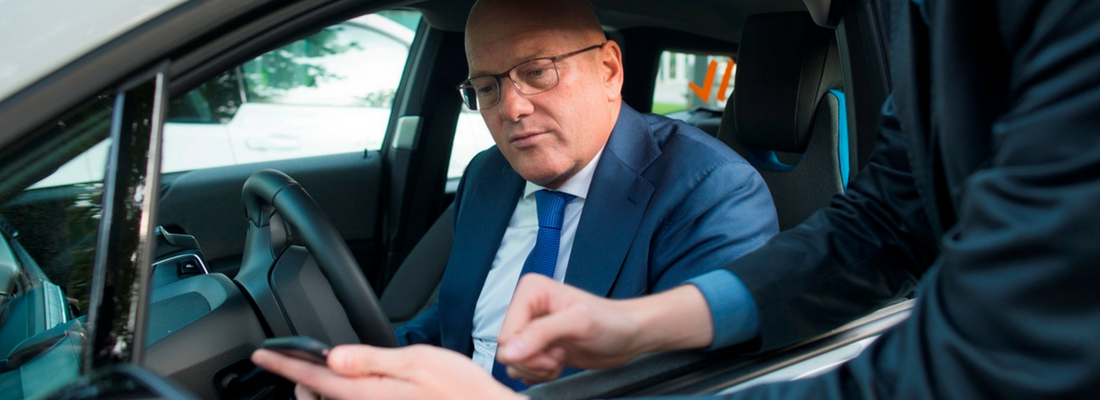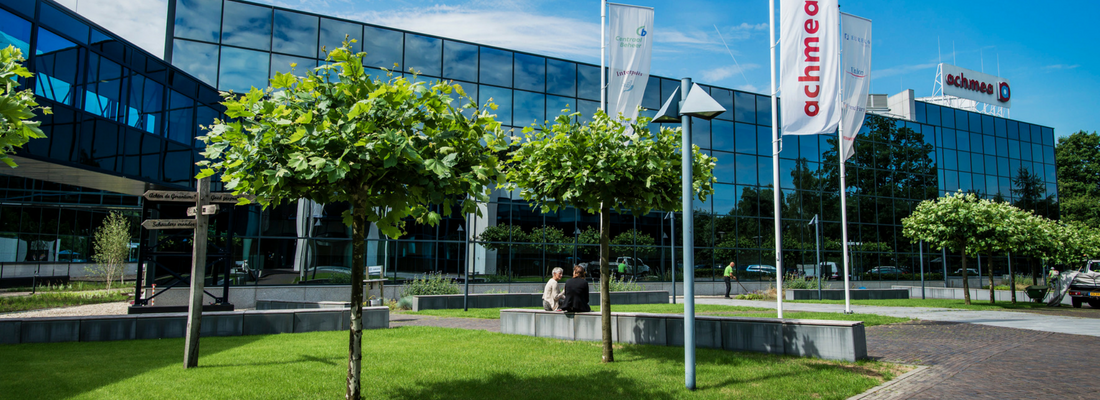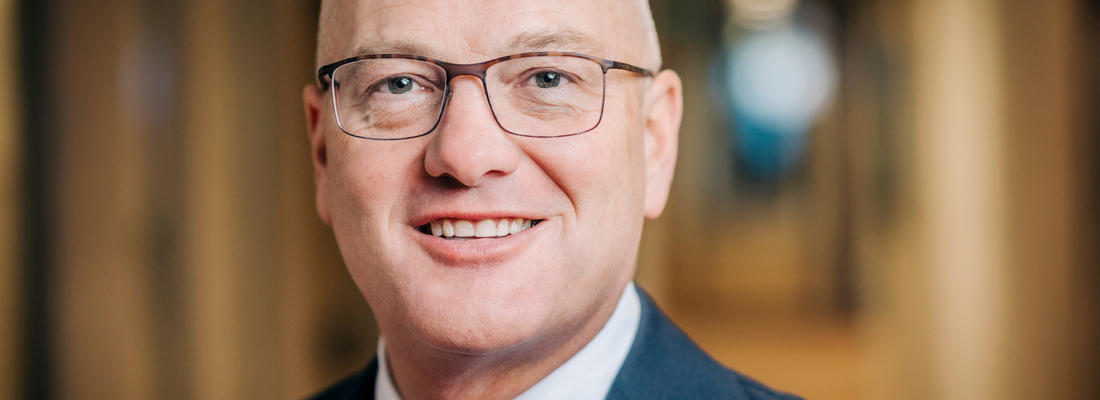Our board of recommendation advises us on strategic issues which are in the interest of the sector, the general public and Amsterdam Drone Week. This week we spoke to Robert Otto, Member of the Executive Board of Achmea, a co-operative holding company of strong insurance brands in 6 countries. He shares his thoughts on drone development and the role of Achmea in this industry.
Amsterdam Drone Week: What is your vision on the developments around unmanned airspace developments?
Robert Otto: If you look at current developments on passenger drones I think in close future, maybe within 5 years’ time, these drones will be operational. Autonomous passenger drones might be there even earlier than self-driving cars as airspace usage is uniformly regulated and there are no pedestrians and cyclists. So it is not a surprise that more and more car manufacturers seem to work on passenger drones as well.
Nowadays people flying around in autonomous drones might sound somewhat extreme, but if the industry manages to get these drones – well regulated – in the air just try to imagine what could be possible with smaller drones. I don’t expect that food deliveries by drone will be common soon but I wouldn’t be surprised if in the health sector the use of drones in lifesaving situations will be more common. For example the transport of blood or organs between hospitals.

In order for this to happen I see two big challenges, the biggest one is that of regulation. Everything needs to be reinvented for unmanned airspace; do we need highways in the sky, if yes where will they be placed, how fast will drones be allowed to fly, do drones fly next to each other or above one another, how to ensure privacy with drones in the air, how to deal with an emergency drone and so on. On the positive side, I see it happen that in future one set of regulations and standards for the entire world will be put in place, like the current use of airspace right now. The other challenge is that of adaptation of the physical space; drones need to land somewhere.
Amsterdam Drone Week: How do you envision the role of Achmea in this future?
Robert Otto: For us as largest (mobility) insurer in the Netherlands it seems only natural to monitor the developments of autonomous drones closely. The main goal for us is to learn about these new risks in order to develop new insurance products and services.
Due to a lack of data, we can’t use a traditional approach of creating insurance products in this case. Therefore we will need to use new techniques to understand the risks. The best way to learn about these risks is get out of the building and be where the developments take place. As we prefer to play an active role in shaping the future of mobility we could not resist the opportunity to participate in the UAS community and join the talks about the developments in, and regulation of, this new area.

In mid-2013, Robert joined Achmea as Chairman of the Non-Life & Income Protection division. He joined the Executive Board in August 2015. His core responsibilities within the Executive Board include the Centraal Beheer, Interpolis and Non-Life & Income Protection divisions, International and Market Strategy, Corporate Relations and Innovation (including mobility). In addition to his role at Achmea, he is, among others, a member of the Board at Thuiswinkel.org
, Chairman of the sector management board of Non-Life Insurance at the Dutch Association of Insurers and Chairman of the Supervisory Boards of Hagelunie and InShared.






